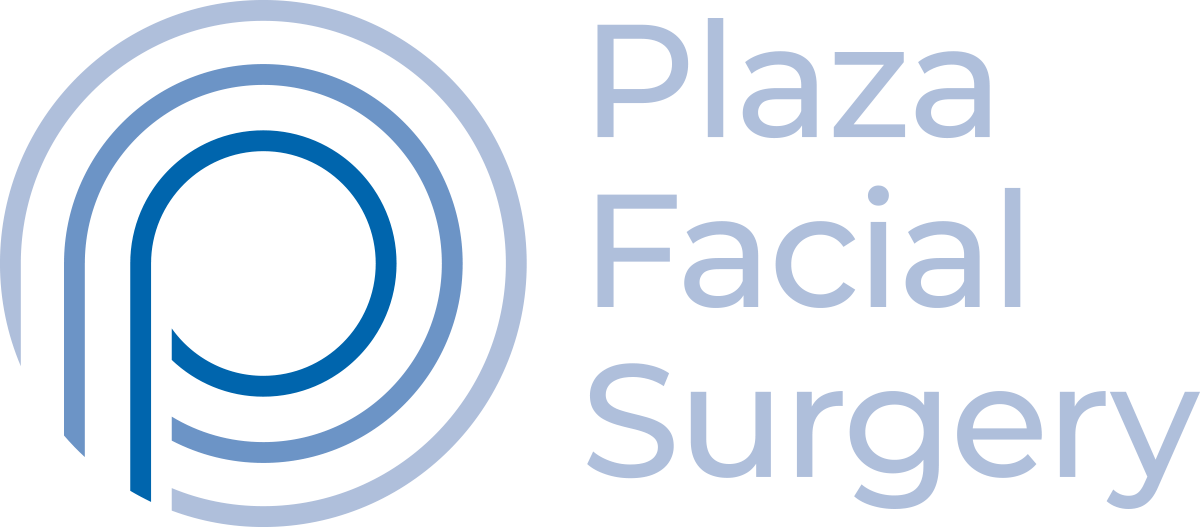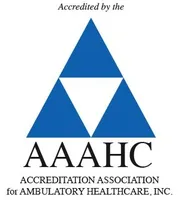
If you’re one of the millions of Americans who suffer from obstructive sleep apnea, you know how important it is to get a good night’s sleep. But what you may not know is that there are treatments available that can help you get the rest you need. Obstructive sleep apnea occurs when the muscles in the back of your throat relax too much to allow normal breathing. These muscles support structures including the back of the roof of your mouth (soft palate), the triangular piece of tissue hanging from the soft palate (uvula), the tonsils and the tongue.
Request an AppointmentWhen the muscles relax, your airway narrows or closes as you breathe in, hampering your breathing for 10 seconds or longer. This can lower the level of oxygen in your blood and cause a buildup of carbon dioxide. Your brain senses this impaired breathing and briefly rouses you from sleep so that you can reopen your airway. This awakening is usually so brief that you don’t remember it. You can awaken with shortness of breath that corrects itself quickly, within one or two deep breaths. You might make a snorting, choking or gasping sound.
This pattern can repeat itself five to 30 times or more each hour, all night long. These disruptions impair your ability to reach the deep, restful phases of sleep, and you’ll probably feel sleepy during your waking hours. People with obstructive sleep apnea might not be aware of their interrupted sleep. Many people with this type of sleep apnea don’t realize they haven’t slept well all night. Book a consultation for sleep apnea in Kansas City 64111.
Diagnosis
If you think you might have obstructive sleep apnea, it’s important to see a doctor who can diagnose and treat the condition. At Plaza Facial Surgery, our experienced doctors will evaluate your condition based on your signs and symptoms, conduct a thorough examination, and run a few different types of tests.
During the physical examination, we will examine the back of your throat, mouth and nose for extra tissue or abnormalities. We might measure your neck and waist circumference and check your blood pressure. Our sleep specialists can conduct additional evaluations to diagnose your condition, determine the severity of your condition and plan your treatment. The evaluation might involve staying at a sleep center overnight to monitor your breathing and other body functions as you sleep.
Polysomnography
During this sleep study, you’re hooked up to equipment that monitors your heart, lung and brain activity, breathing patterns, arm and leg movements, and blood oxygen levels while you sleep. You might be monitored all night, or part of the night in a split-night sleep study. In a split-night sleep study, you’ll be monitored during the first half of the night. If you’re diagnosed with obstructive sleep apnea, staff may wake you and give you continuous positive airway pressure for the second half of the night. This sleep study can also help look for other sleep disorders that can cause excessive daytime sleepiness but require different treatments, such as leg movements during sleep (periodic limb movements) or sudden bouts of sleep during the day (narcolepsy).
Home Testing
Under certain circumstances, your doctor may provide you with an at-home version of polysomnography to diagnose obstructive sleep apnea. This test usually involves measurement of airflow, breathing patterns and blood oxygen levels, and possibly limb movements and snoring intensity.
Treatment
If you’re an obstructive sleep apnea patient, CPAP is the most commonly successful and most commonly used method of treating obstructive sleep apnea. Some people find the mask cumbersome, uncomfortable or loud, but newer machines are smaller and less noisy than older machines. There are also a variety of mask designs for individual comfort. If you’re having difficulties tolerating pressure, some machines have special adaptive pressure functions to improve comfort.
You might also benefit from using a humidifier along with your CPAP system. Bilevel positive airway pressure (BPAP) is another type of positive airway pressure that delivers a preset amount of pressure when you breathe in and a different amount of pressure when you breathe out. Mouthpieces (oral devices) are alternatives to CPAP for people with mild-to-moderate obstructive sleep apnea who cannot tolerate CPAP. These mouthpieces work by bringing your lower jaw and tongue forward during sleep, which opens up your airway.
Surgery
If you suffer from obstructive sleep apnea and other therapies haven’t been effective, surgery may be an option for you. Surgical options include removal of tissue, upper airway stimulation, jaw surgery, or tracheostomy. Other types of surgery may help reduce snoring and sleep apnea by clearing or enlarging air passages. If you think you might have sleep apnea, we may be able to help. There are treatments available that can help you get the rest you need. Schedule an appointment at Plaza Facial Surgery to learn more about how we can help you treat your obstructive sleep apnea.












